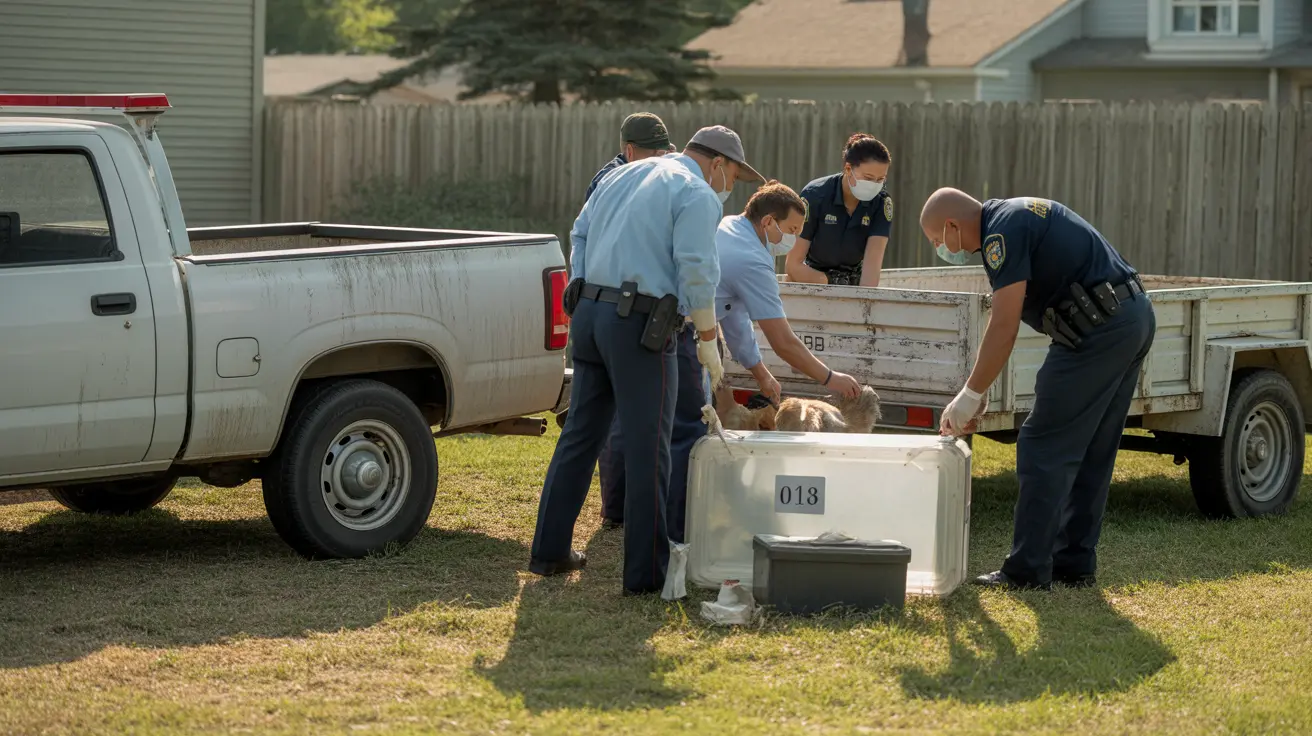Why Consider a Veterinary Second Opinion
Getting another veterinarian's perspective can be invaluable for several reasons. Different veterinarians may interpret symptoms differently, potentially uncovering overlooked conditions or offering alternative explanations. This additional insight often leads to more comprehensive care and better outcomes for your pet.
Many pet owners find that second opinions provide access to new treatment options, including less invasive procedures or more cost-effective solutions. This is particularly valuable when dealing with chronic conditions or complex medical issues.
Critical Situations That Warrant Another Perspective
Several scenarios typically indicate the need for a second opinion:
- Diagnosis of a serious or life-threatening condition
- Recommended treatments that are expensive or invasive
- Persistent symptoms despite current treatment
- Unclear or confusing diagnosis
- Limited treatment options presented
- Lack of improvement in your pet's condition
The Process of Seeking Another Veterinary Opinion
Obtaining a second opinion requires careful planning and communication. Start by requesting your pet's complete medical records from your current veterinarian. These records should include all test results, diagnostic images, and treatment history.
When selecting a new veterinarian for consultation, consider their expertise in your pet's specific condition. Board-certified specialists often provide valuable insights, especially for complex cases.
Maintaining Professional Relationships
It's important to approach the situation diplomatically. Most veterinarians understand and support their clients' desire to seek second opinions. Be honest with your current vet about your intentions, and maintain open communication throughout the process.
Remember that seeking another perspective isn't about distrust – it's about ensuring the best possible care for your pet. Many veterinarians actually welcome second opinions as they can lead to better outcomes for their patients.
Making the Most of Your Second Opinion
To maximize the value of your second consultation:
- Bring all relevant medical records and test results
- Prepare a detailed timeline of your pet's symptoms and treatments
- List all questions and concerns you want to address
- Be ready to discuss your pet's complete medical history
- Consider recording the consultation (with permission) for future reference
Frequently Asked Questions
When should I consider getting a second opinion from a veterinarian for my pet's health issue?
Consider seeking a second opinion when facing a serious diagnosis, expensive treatment recommendations, persistent symptoms despite treatment, or when you feel uncertain about the current diagnosis or treatment plan. It's particularly important for life-threatening conditions or before proceeding with major surgery.
How do I respectfully ask my primary vet for a second opinion without damaging our relationship?
Be honest and direct with your primary veterinarian. Express your desire to ensure you're exploring all options for your pet's care. Most veterinarians understand and respect this approach, and many will even help facilitate the process by providing referrals.
What documents and medical records do I need to provide when seeking a second veterinary opinion?
Request complete medical records, including examination notes, laboratory results, diagnostic imaging (X-rays, ultrasounds), medication history, and any specialist reports. Having comprehensive documentation helps the second veterinarian make informed recommendations without repeating tests unnecessarily.
Can a second opinion from a specialist offer more affordable or less invasive treatment options for my pet?
Yes, specialists often have access to advanced techniques or alternative treatments that might be more cost-effective or less invasive than initially proposed options. They may also have more experience with specific conditions, leading to more targeted treatment approaches.
How can I find qualified veterinary specialists or clinics for a second opinion near me?
Search through the American Board of Veterinary Specialties directory, ask for referrals from your primary vet, or contact nearby veterinary teaching hospitals. You can also consult with local veterinary medical associations for recommendations of qualified specialists in your area.
Making Your Final Decision
After receiving a second opinion, carefully compare both perspectives and treatment options. Consider factors such as projected outcomes, costs, and quality of life implications for your pet. Remember that you're your pet's strongest advocate, and taking the time to gather multiple professional opinions often leads to better-informed decisions about their care.






